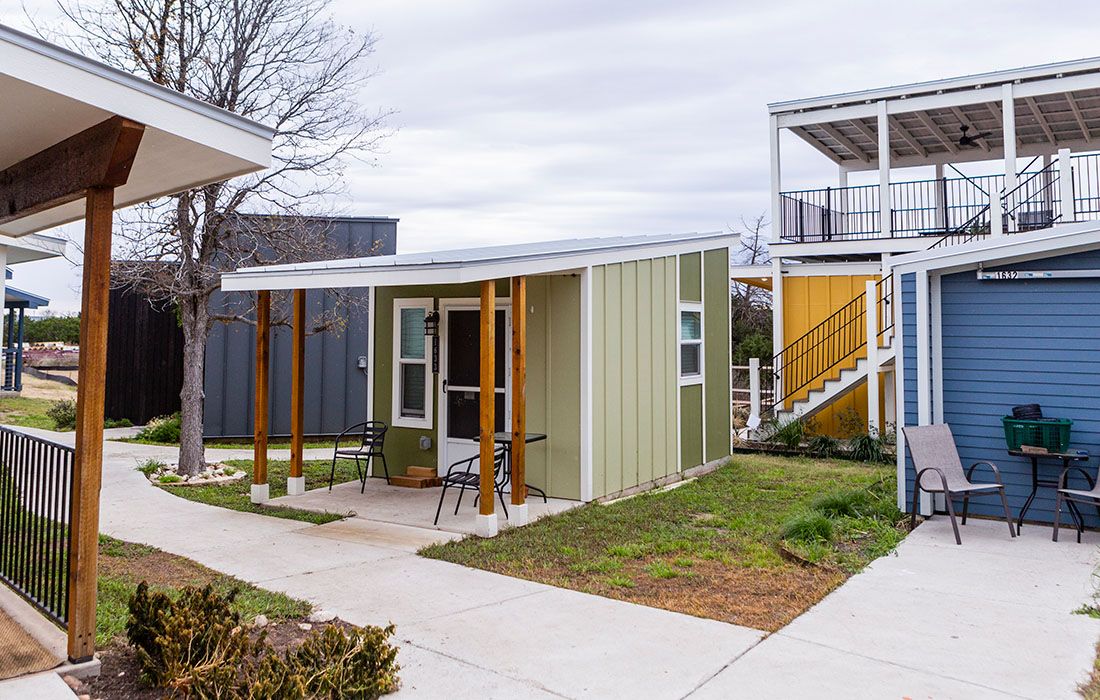Unlocking Recovery: The Power of Intensive Outpatient Programs
Intensive outpatient programs (IOPs) are very beneficial for those with drug or alcohol addictions. Taking part in IOPs is essential to their therapy and recovery process. If anyone is interested in receiving treatment they must first know how these programs work what their aim is and what their structure is.
Definition and Purpose
Treatment called an Intensive Outpatient Programme (IOP) is for People with substance use disorder (SUD). Medical detox or 24-hour observation is not needed in this program. These programs give other options to inpatients such as residential therapy. They try to provide psychological support. They also help in relapse prevention and coping skills.

Structure and Components
IOPs typically need individuals to attend therapy for at least 9 hours per week which is done in 3-hour sessions. These programs may occur in hospitals rehabilitation institutions community centers and clinics.
The number of hours and days per week individuals participate in IOP depends on their requirements. State licensing agencies might require nine treatment hours and ASAM defines IOP as nine hours of therapy per week for adults. However the consensus panel suggests that the programming hours be between 6 and 30 depending on the client’s demand.
Benefits of Intensive Outpatient Programs
IOPs are designed to offer support and therapy for those trying to overcome addiction while also providing support and treatment in their everyday lives. These programs carry numerous benefits but two are significant: emphasis on strategies for preventing relapse and flexibility in addition to continuity of care.
Relapse prevention strategies
The rate of relapse for individuals with substance use disorders is no different from that of most recognized chronic medical diseases e.g. diabetes hypertension and asthma. The treatment within the intensive outpatient program is arranged for at least nine contact hours a week usually distributed over 3 to 5 days a week. This frequency of treatment serves to prevent relapse because the patient remains engaged in his recovery process closely and receives accountability.
This involves the flexibility and continuity of care
Apart from offering thorough relapse prevention strategies intensive outpatient programs allow for care continuity and flexibility. Since they are treated people can go through daily life routines with minimal distractions in their working or schooling and family duties. This will make recovery more probable and sustainable.
Continuity of care is indeed a vital part of successful recovery. Patients who take part in continuing care after finishing their IOP statistically have a more favorable outcome than those who do not. That is the importance of long-term service connection to outpatient services for sustained recovery from addiction.
People in recovery strive to engage in some form of outpatient treatment for at least two years and in a continued fashion for life. According to this basis it is provided this continuity allows an individual to live life without using the substance make decisions about new circumstances face life challenges and continue increasing capabilities in the recovery path.
Conclusively intensive outpatient programs benefit one through robust relapse prevention strategies flexibility in care and continuity. Intensive outpatient programs can be seen as crucial in the recovery process as they show how the regiments of intensive outpatient intensity work.
Compare and contrast inpatient versus outpatient programs.
Compare and contrast the following structure with that of inpatient programs to intensify the understanding of how this structure helps in recovery. No doubt structure and monitoring differ in inpatient versus intensive outpatient programs as well as how each helps one transition and the kind of support they give.
Structure and Monitoring
Inpatient facilities create a highly complex patient environment a residence between one week and three months. Within that period they go through a thorough and rigorously followed daily regime free from distractions like electronics and with limited contact with the outside world. Now the people enrolled in IOP stay at home or in a compatible living residence while receiving counseling and therapy sessions in the facility thereby keeping up with any home or outside obligations related to work or school.
Transition and Support
In IOPs structure and support are already present providing the ideal segue for someone who is coming out of a rehab program. Instead of being thrown from 'medicine' back into living which can be overwhelming a transition period can be jumped on. That is a natural way in which intensive outpatient intensity structure aids recovery.
Efficacy of IOPs
Perhaps the key issue to be bothered by when considering an intensive outpatient program for substance use disorder treatment is whether it is effective. This section will get into the nuts and bolts of findings on research evidence and treatment results linked to IOPs.
Research Findings
The relapse rates for people who have comorbid substance use disorders are similar to those observed with such medical illnesses as diabetes high blood pressure and asthma signifying the chronic nature of addiction and the need for long-term management. IOPs offering a minimum of 9 hours per week of treatment provided during the course of 3 to 5 days are essential in preventing relapse because they teach patients critical coping skills during each group and individual therapy session.
Comparisons of Treatment Outcomes
In contrast individuals in recovery tend to stay in an ongoing outpatient clinical form of care for a few years into an indefinite time. This highlights the necessity of long-term outpatient services in both initiating and maintaining recovery from substance use disorders.
Customized Recovery Approaches
One of the defining features of IOPs is their blossoming nature. Standard in it are the individual care plans that incorporate different therapeutic frameworks as dependent on the needs of the client.
Individualized models for care plans
Intensive Outpatient Services provide a higher level of care than general outpatient services. At the moment of the need they give the appropriate intensity of care. The tailored approach with the intensive outpatient regime is adept at catering to specific needs for recovery thus being highly flexible and clientele-friendly.

Therapeutic Approaches and Modalities
Intensive Outpatient Programs can be just as effective as residential programs—it all depends on the characteristics and needs of the individual. They offer individuals the possibility to undergo a variety of treatment models for an extended period and follow as an option to residential treatment.
Studies have shown that patients enrolled in both residential rehabilitation and IOPs find equal positive results. A program's structural format must be a wise choice based on a person's needs and the care level commensurate with successful recovery.






